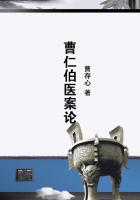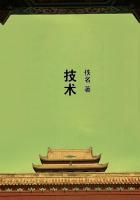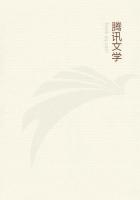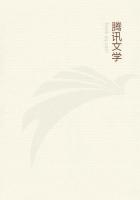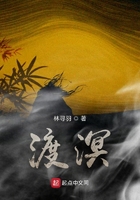It certainly did appear on the morning of the election as though some great change had been made in that resolution of the candidates to be very pure. From and early hour rough bands of music were to be heard in every part of the usually quiet town; carts and gigs, omnibuses and flys, all the old carriages from all the inn-yards, and every vehicle of any description which could be pressed into the service were in motion; if the horses and post-boys were not to be paid for by the candidates, the voters themselves were certainly very liberal in their mode of bringing themselves to the poll. The election district of the city of Barchester extended for some miles on each side of the city, so that the omnibuses and flys had enough to do. Beer was to be had at the public-houses, almost without question, by all who chose to ask for it; and rum and brandy were dispensed to select circles within the bars with equal profusion. As for ribbons, the mercers' shops must have been emptied of that article, as far as scarlet and yellow were concerned. Scarlet was Sir Roger's colour, while the friends of Mr Moffat were decked with yellow. Seeing what he did see, Mr Moffat might well ask whether there had not been a violation of the treaty of purity!
At the time of this election there was some question whether England should go to war with all her energy; or whether it would not be better for her to save her breath to cool her porridge, and not meddle more than could be helped with foreign quarrels. The last view of the matter was advocated by Sir Roger, and his motto of course proclaimed the merits of domestic peace and quiet. 'Peace abroad and a big loaf at home', was consequently displayed on four or five huge scarlet banners, and carried waving over the heads of the people. But Mr Moffat was a staunch supporter of the Government, who were already inclined to be belligerent, and 'England's honour' was therefore the legend under which he selected to do battle. It may, however, be doubted whether there was in all Barchester one inhabitant--let alone one elector--so fatuous to suppose that England's honour was in any special manner dear to Mr Moffat; or that he would be whit more sure of a big loaf than he was now, should Sir Roger happily become a member of the legislature.
And then the fine arts were resorted to, seeing that language fell short in telling all that was found necessary to be told. Poor Sir Roger's failing as regards the bottle were too well known; and it was also known that, in acquiring this title, he had not quite laid aside the rough mode of speech which he had used in his early years. There was, consequently, a great daub painted up on sundry walls, on which a navvy, with a pimply, bloated face, was to be seen standing on a railway bank, leaning on a spade holding a bottle in one hand, while he invited a comrade to drink. 'Come, Jack, shall us have a drop of some'at short?' were the words coming out of the navvy's mouth; and under this was painted in huge letters, THE LAST NEW BARONET
But Mr Moffat hardly escaped on easier terms. The trade by which his father had made his money was as well known as that of the railway contractor; and every possible symbol of tailordom was displayed in graphic portraiture on the walls and hoardings of the city. He was drawn with his goose, his scissors, with his needle, with his tapes; he might be seen measuring, cutting, pressing, carrying home his bundle and presenting his little bill; and under each of these representations was repeated his own motto: 'England's honour'.
Such were the pleasant little amenities with which the people of Barchester greeted the two candidates who were desirous of the honour of serving them in Parliament.
The polling went briskly and merrily. There were somewhat above nine hundred registered voters, of whom the greater portion recorded their votes early in the day. At two o'clock, according to Sir Roger's committee, the numbers were as follows:--
Scatcherd 275
Moffat 268
Whereas, by the light afforded by Mr Moffat's people, they stood in a slightly different ratio to each other, being written thus:--
Moffat 277
Scatcherd 269
This naturally heightened the excitement, and gave additional delight to the proceedings. At half-past two it was agreed by both sides that Mr Moffat was ahead; the Moffatites claiming a majority of twelve, and the Scatcherdites allowing a majority of one. But by three o'clock sundry good men and true, belonging to the railway interest, had made their way to the booth in spite of the efforts of a band of roughs from Courcy, and Sir Roger was again leading, by ten or a dozen, according to his own showing.
One little transaction which took place in the earlier part of the day deserves to be recorded. There was in Barchester an honest publican--honest as the world of publicans goes--who not only was possessed of a vote, but possessed of a son who was a voter. He was one Reddypalm in earlier days, before he had learned to appreciate the full value of an Englishman's franchise, he had been a declared Liberal and a friend of Roger Scatcherd's. In latter days he had governed his political feelings with more decorum, and had not allowed himself to be carried away by such foolish fervour as he had evinced in his youth. On this special occasion, however, his line of conduct was so mysterious as for a while to baffle even those who knew him best.

